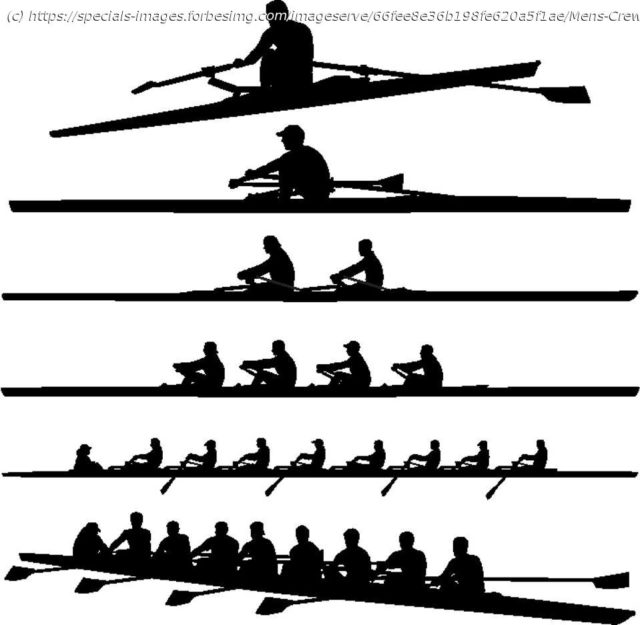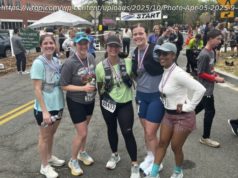The question to ponder as we move into a hybrid future isn’t just how we use AI – but how we deliberately design our relationship with it.
In a world where artificial intelligence is increasingly woven into the tapestry of everyday life, how we engage with it shapes our work – and sense of self. While AI may seem like a tool to boost productivity, its role can stretch into more profound aspects of personal development, from decision-making to interpersonal communication via strategic planning to identity design.
The question to ponder as we move into a hybrid future isn’t just how we use AI – but how we deliberately design our relationship with it.
Here are four questions to help you envision and navigate what this relationship could, and should look like. The central ambition that underpins them is to ensure that AI serves as a catalyst of our natural intelligence, and not as a replacement that gradually overrides our unique attributes. Lets go through these questions –1. Why Do You Use AI?
Start by asking yourself why you turn to AI. Is it purely for efficiency, or does AI offer creative and strategic support? Has the interaction with technological interfaces become a placebo for the people in your life? Understanding your intrinsic motivation can help you set boundaries on how AI integrates into your personal and professional spheres, and to decide which areas you want to keep AI-free.
For example, AI-powered tools like ChatGPT, design software, or data analytics platforms might seem like quick solutions for routine tasks. But beyond saving time, how could you use these tools to do not only more of the same faster and with less effort but to enhance what you do? Could it help you identify and share parts of your being that you always wanted to develop but felt you had insufficient talent for? The key here is balance: use AI where it complements your strengths, not where it could erode your unique contributions.
In a way, this interrogation has two components because to find out what AI can make you better at, you need to identify what you are good at, and where you might want a helping hand.






